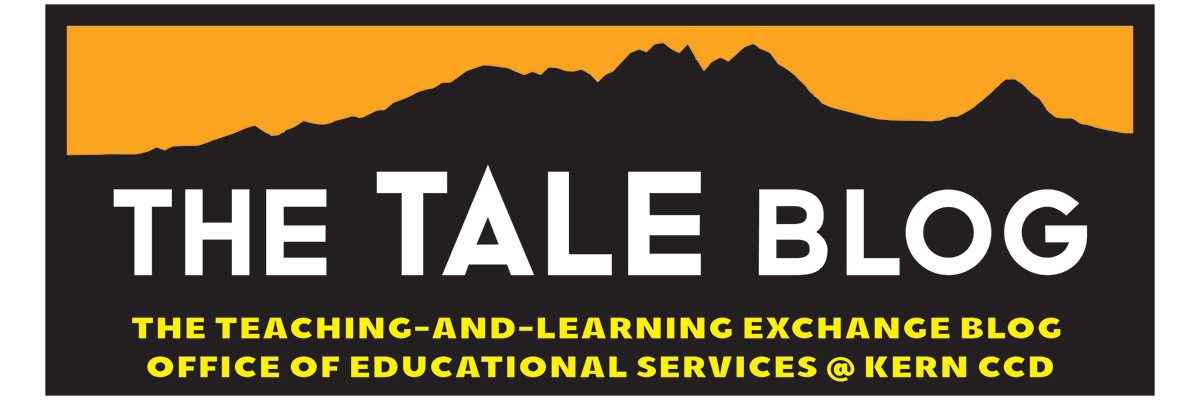By Nick Strobel
I have been teaching at Bakersfield College for 27 years and before that I taught the intro astronomy courses at University of Washington for five years, so I’ve been doing the teaching gig for 32 years now. I’ve been reflecting a bit on those 32 years on how the academic environment has changed and how I’ve changed with it or maybe the environment hasn’t changed all that much but I’ve gotten better at recognizing what’s already there and adjusted accordingly. Whatever the case may be, I can see three major shifts in my teaching.
The first one is obvious: moving from teaching at a university in Seattle to teaching at a community college in Bakersfield. The students I had in my intro astronomy courses at UW were first-year non-science majors. In that respect they were just like the students I teach here at BC. University of Washington is a top flagship R1 university, so UW could be selective in who they admitted. That meant most of my UW students were ready for college and were paying thousands of dollars to attend UW. Bakersfield College admits the top 100% of those who apply and the Central Valley way of doing things is different than the Puget Sound way of doing things, so there was a bit of “culture shift”. I can’t say “culture shock” because I had done some mental preparation ahead of the move and I purposefully chose a place that focused on teaching, rather than research. However, as you know, it’s one thing to prepare oneself intellectually at a distance and quite another to experience something while immersed in it.
The second shift came with the introduction of Student Learning Outcomes and the assessments of SLOs in the early 2000s. My first syllabus to include the SLOs was in Spring 2004 but I think a lot of the SLO work had been done in the previous year or two. The shift arose because figuring out the SLOs for the intro astronomy courses required me to take a more careful, deliberate look at what was important to get across to my non-science major students—what did I want a non-science major to know about the process of science and how the universe worked long after the class was finished? The SLO work gave me a sharper focus on what needed to happen in the classroom and enabled me to trim some of the fat—things only a nerdy science buff would try to remember. The first set of SLOs had ten SLOs. After ten years and further clarification of the difference between course objectives and SLOs (from work around understanding ACCJC requirements vs. Title 5 requirements), I refined the set of SLOs down to four. Whether it was ten SLOs or four SLOs, the basic question was the same—what did I want my students to get out of the intro astronomy classes and remember five years from now?
The third shift came with the professional development we did at BC in 2013-14 about first-generation students. I already knew that my students at BC were different from the ones at UW but it wasn’t until then that institutional research was being shared widely that about 80% of the students at BC identified themselves as the first ones in their extended family to have ever attended college. We learned how the academic culture was foreign to most of our students and I came to realize at a deeper level how my background was different from a lot of my students. Both of my parents got bachelor’s degrees at a state university and all eight of us boys were expected to go on to college. That expectation was also with most of the friends we hung out with at school. I had no idea if my classmates at the University of Arizona or UW were first-generation college students or not. I was so immersed in my own culture that I didn’t even know to ask the question or to look for clues in what my classmates said in ordinary conversation.
Finally, some things started to make sense! Why didn’t my students do X, Y, and Z when it should be a natural, common-sense thing to do? Well, of course, it would be “common sense” for someone living in a second or more-generation college culture but not to those outside of that culture. BC’s conclusion from the research on and professional development about our first-generation students was to become a Guided Pathways institution in 2015-16.
The first pillar of Guided Pathways is “Clarify the Path”. Normally, that means making the course sequence of a certificate or degree easy to navigate from start to finish. In my own undergraduate education, the astronomy majors were given a one-page listing of the courses we needed to take in each of the eight semesters to get the Astronomy bachelor’s degree. We’d also get a Physics bachelor’s degree with the suggested course sequence. However, “clarify the path” can also mean teaching the students about the academic college culture and how learning good study habits (and other “habits of mind”) pays huge dividends in the long run, not only for doing well in a college class but also in the professional world after college, for those management or executive-type of jobs or research/analytical jobs for which a college education is required. We need to be explicit in our assumptions and expectations with our students in order for them to understand than then internalize what it takes to do well in college. We can then celebrate even more students walking the stage in May!

Nick Strobel has been teaching Astronomy and running the Planetarium at Bakersfield College since 1996. He has held various leadership positions at BC, most recently as the Academic Senate President. He also writes the twice-a-month astronomy for the Bakersfield Californian.

